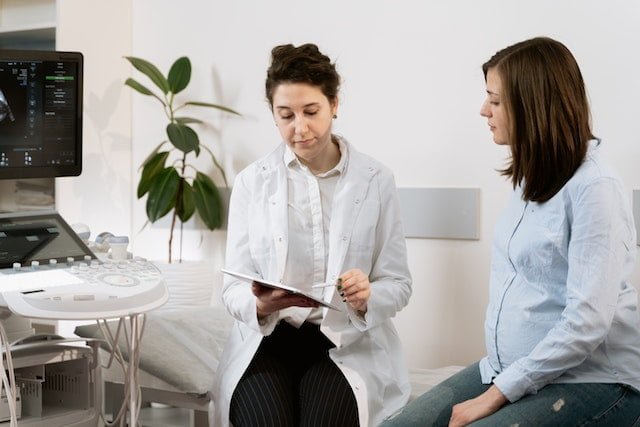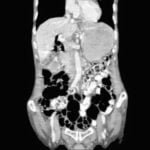
Inflammatory bowel disease
| Inflammatory bowel disease (IBD) is a term for two conditions (Crohn’s disease and ulcerative colitis) that are characterized by chronic inflammation of the gastrointestinal (GI) tract. Prolonged inflammation results in damage to the GI tract. Is it IBD different from IBS ?
What are the common symptoms of IBD?
What causes IBD?The exact cause of IBD is unknown, It is postulated that it could be due to the result of a weakened immune system. Possible causes are:
How is IBD diagnosed?
How is IBD treated?
Do these patients require surgery ?
|
Join the mailing list!
Get the latest articles delivered right to your inbox!

